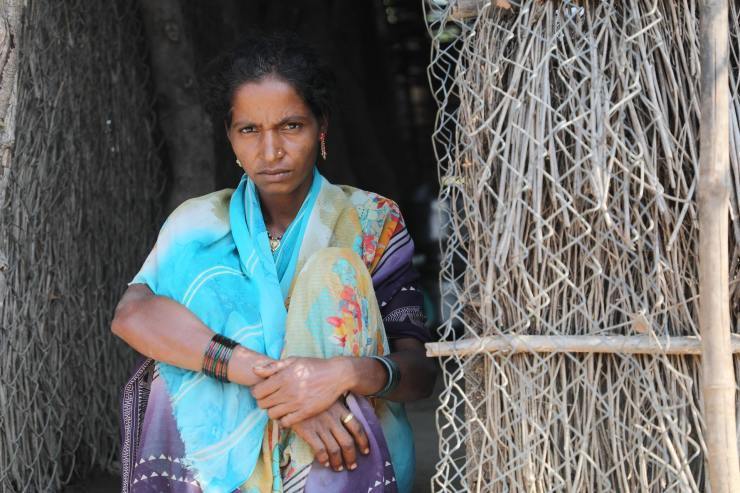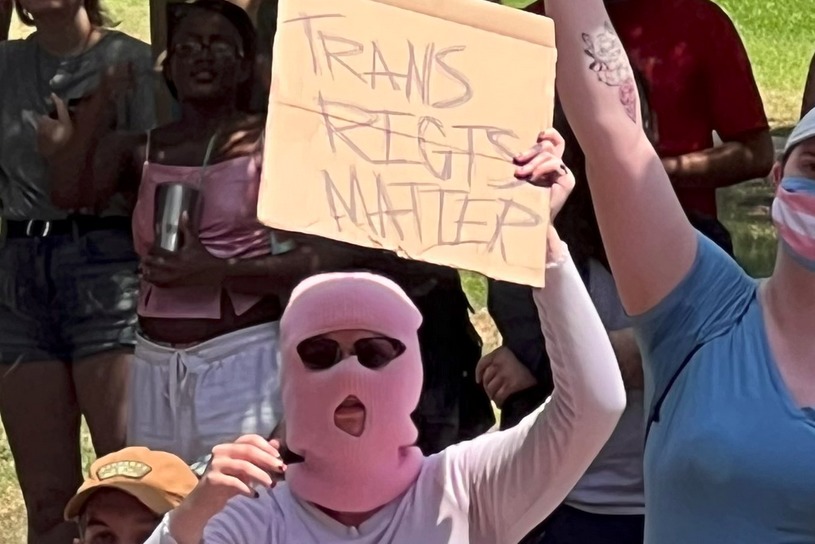
Christians in India came together on August 10 to observe ‘Black Day’, voicing their opposition to the denial of fundamental rights to Dalit Christians and Muslims.
These groups have been excluded from affirmative action programs of the Indian government based solely on religious grounds. The annual ‘Black Day’ serves as a poignant reminder that this religious discrimination must come to an end.
This year’s protest took the form of a ‘silent demonstration’ near the Sacred Heart Cathedral. Various organisations including the Catholic Bishops’ Conference of India (CBCI), the National Council of Churches in India, and the National Council of Dalit Christians united for the cause.
The planned gathering at Jantar Mantar, a traditional protest site, was denied permission, prompting the alternative location.
Father Vijay Kumar Nayak, Secretary of the CBCI’s Office for Scheduled Castes/Backward Classes, spoke with Christian Today, underlining the significance of the protest.
“We are showing our solidarity with the sufferings of the Dalit Christians and Muslims, and we will continue to fight for the justice of these poor and marginalised. So, the movement will go on till we get justice,” said Nayak.
A crucial panel, currently reviewing the demands of Dalit Christians and Muslims, is set to present its report soon. This commission is examining the possibility of incorporating Christian and Muslim Dalits into India’s affirmative action policies.
“We are completely against the setting up of the commission,” said Nayak. “It is a delay tactic that they want to play and we want them to expedite the matter,” he clarified.
The tradition of observing August 10th as a “Black Day” started in 2009 among Dalit Christians, evolving over time to involve various Christian denominations. This united observance protests a historic 1950 presidential decree, issued on the same day, which revoked reservation benefits for marginalised individuals who chose to convert from Hinduism to other religions.
“Because it was on August 10, 1950, that this decree was enforced, it is a ‘Black Day’ for Dalit Christians and Dalit Muslims,” said Nayak to Christian Today.
The term ‘Dalit’ signifies ‘oppressed’, ‘broken’, or ‘crushed’, reflecting the profound loss of identity and dignity they historically endured. Over a quarter of India’s massive population of 1.4 billion comprises Dalits, often referred to as ‘untouchables’. Born into a life of marginalisation and human rights violations, they are relegated to menial tasks for the benefit of upper castes.
Mahatma Jyotirao Phule coined the term “Dalit” to replace “Untouchables,” aiming to offer a more compassionate and accurate descriptor. Post-independence, India’s constitution recognized these groups as “scheduled castes,” rendering them eligible for special consideration and government aid.
Currently, over 200 million Dalits exist in India. They face historical injustices due to their caste-based identity. The reservation policy, a quota-based governmental initiative, seeks to rectify this through affirmative action, ensuring equal opportunities for marginalised communities.
The concept of caste-based reservations in India has a history dating back to the late 19th century, starting with princely states. Post-independence, Articles 15 and 16 of the Indian constitution guaranteed seats in educational institutions and job reservations for scheduled castes and scheduled tribes, ensuring equal opportunities.
However, the 1950 Constitution (Scheduled Caste) Order excluded Dalit Christians and Muslims from this framework, a direct contradiction to the principle of equality. While amendments included Sikh and Buddhist Dalits, those of Christian and Muslim faiths remained excluded, despite sharing the legacy of discrimination.
“This is purely discrimination on the basis of religion,” emphasised Nayak.
“Therefore, we have challenged it in the Supreme Court. We were told that the matter would be taken up on July 11, but they did not take it up,” added Nayak, distressed by the delays.
After nearly two decades, a pending civil right petition before the Supreme Court continues to advocate for the rights of Dalit Christians and Muslims. In response, the Supreme Court appointed a commission under former Chief Justice K.G. Balakrishnan in 2022 to assess these demands. Balakrishnan aims to submit a comprehensive report in 2023.
The struggle for the rights of marginalised groups continues, symbolising a 70-year endeavour to achieve justice, equality, and unity envisioned by the Indian Constitution.




























![[Video] More – Aghogho » GospelHotspot](https://gospelhotspot.net/wp-content/uploads/2024/04/More-Aghogho.jpeg)
















